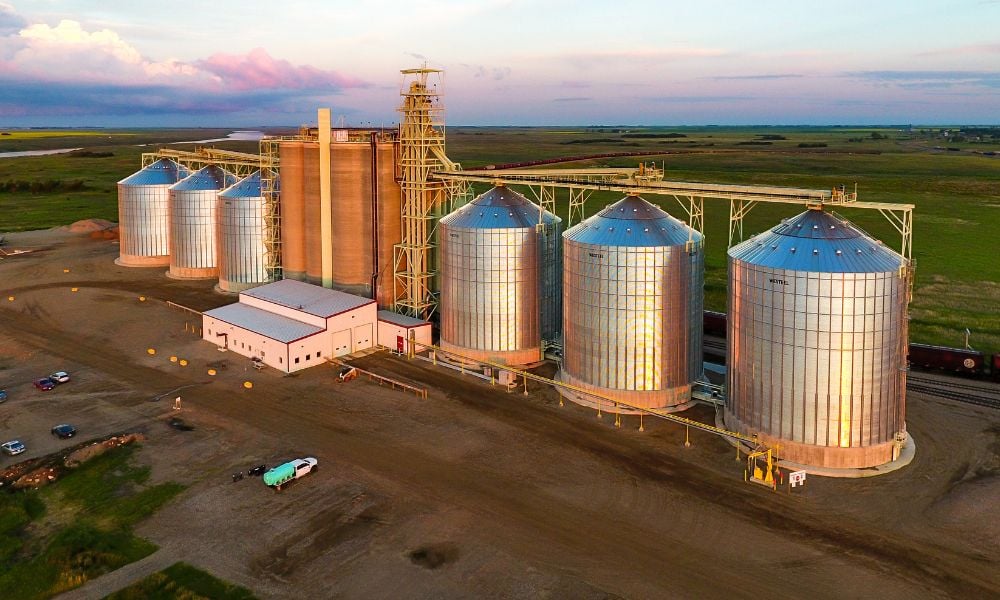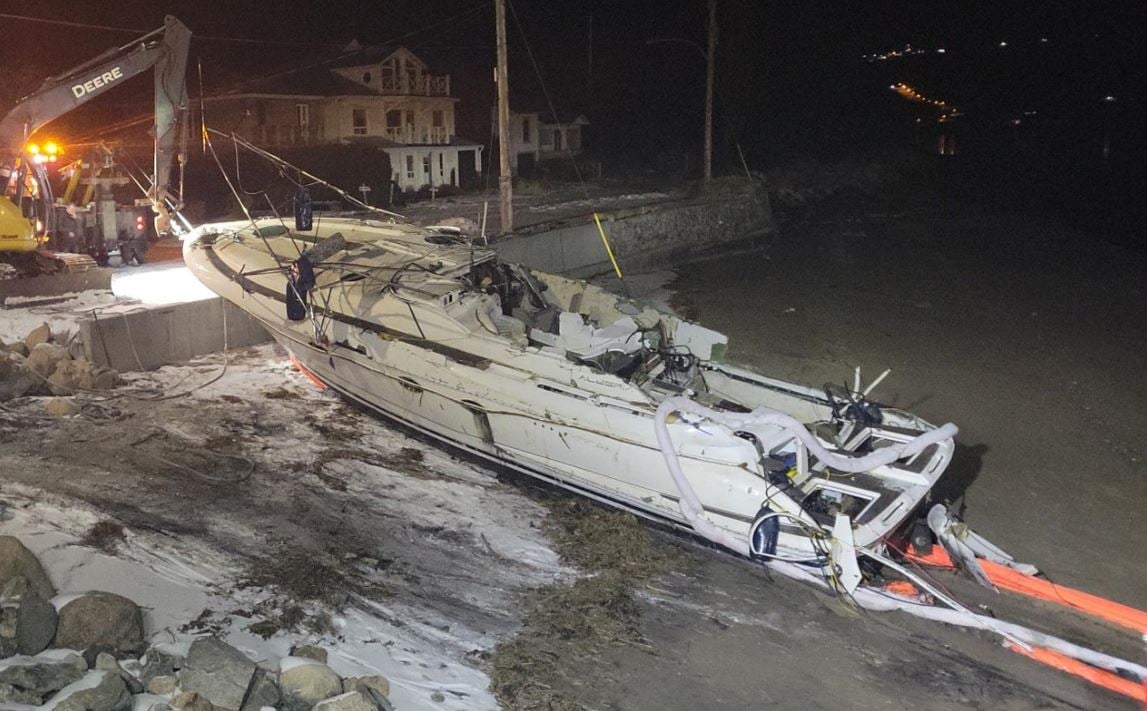Safety manager at FWS Group of Companies talks preventative measures, addiction on the work site, and indigenous inclusion

Elyse Love-Dillman, the health, safety, and environment (HSE) manager at FWS Group of Companies, faces the dual challenge of complying with regulatory changes and maintaining workplace safety. With the introduction of Bill 88, mandating Naloxone kits at construction sites and increasing penalties for safety violations, FWS has had to adapt swiftly and effectively.
"At FWS, we personally prioritize the health and safety of our employees above all else," Love-Dillman tells COS. “I know a lot of companies say that, but it's definitely true for us. [We’re] continuously evaluating and implementing measures to ensure we have a safe working environment. FWS also works across the country, in Canada and in the US. So [it’s about] ensuring we have compliance with the applicable regulatory requirements and standards for the provinces and states we operate in - and that’s a big undertaking. So, while we recognize the importance of addressing the risks associated with substance use, including the availability of the Naloxone kits now in Ontario, our current focus is on preventative measures.”
This includes comprehensive psychological health training and maintaining low incident rates. Recognizing the physical and psychological demands of the construction industry, FWS emphasizes a twofold approach to prevent addiction and substance abuse.
“We encourage all of our field supervisors to attend the mental health first aid course developed by the Mental Health Commission of Canada,” Love-Dillman says. Additionally, FWS has an internal health and wellness committee that aligns its activities with major health campaigns such as Bell Let’s Talk Day, World Mental Health Day, and Safety and Health Week. These initiatives aim to reduce the stigma around psychological health and promote available resources.
When addressing the specifics of Bill 88 and the new mandates around Naloxone kits, Love-Dillman clarifies that these kits are now required in Ontario to counter opioid overdoses. “Naloxone works to block the effects of an overdose and allows time for the person to get professional help,” she says. The requirement, however, is not universal; workplaces must conduct a risk analysis to determine the necessity of these kits.
"For our projects in Ontario, we conduct a risk analysis as to whether we think there is risk of an opioid overdose,” adds Love-Dillman. “Some of that analysis looks at [whether anyone has] experienced an overdose in the workplace before, if any paraphernalia associated with opioid use is found in the workplace, and if anyone has ever voluntarily disclosed opioid use. So doing that risk analysis then determines whether you need the kit or not.”
Discussing broader industry-specific safety challenges, Love-Dillman acknowledges the importance of diversity and inclusion. “This is the first time in history we’ve had five generations in the workforce at the same time,” she notes. “And I think that adds to those challenges.”
This diversity adds complexity to safety practices and compliance - FWS addresses this by promoting plain language in safety communications and tailoring training approaches to cultural and generational differences.
Another significant focus for FWS is indigenous inclusion and reconciliation. “We have an in-house indigenous relations advisor,” Love-Dillman says. This role is pivotal in building relationships, promoting cultural awareness, and finding opportunities for capacity building through training and employment.
Technology also plays a crucial role in FWS's strategy. Love-Dillman emphasizes the need for a mix of traditional hands-on training and digital tools to cater to the varying familiarity with technology across generations.
“Making sure our training programs are tailored to different generations is essential," she adds.
On the environmental front, Love-Dillman highlights the company’s commitment to sustainability.
“Our environmental program focuses on five key priorities: air emissions and noise minimization, water and waste protection, land management, hazardous materials management, and biodiversity protection,” she explains.
Furthermore, Love-Dillman shares insights into FWS’s initiatives for environmental awareness, such as celebrating Earth Day and conducting no-waste lunch events. These efforts not only promote sustainability but also foster a culture of environmental consciousness among employees.
The integration of psychological safety and environmental stewardship into their health and safety framework reflects FWS’s holistic approach. “We want to bring the H and the E up to the level that the S has had for focus,” Love-Dillman says, emphasizing the importance of balancing health, safety, and environmental considerations.





